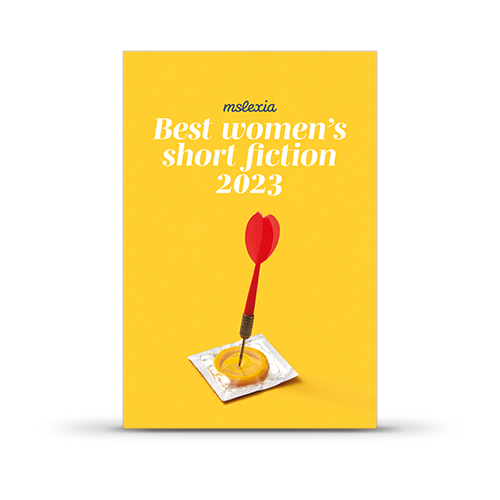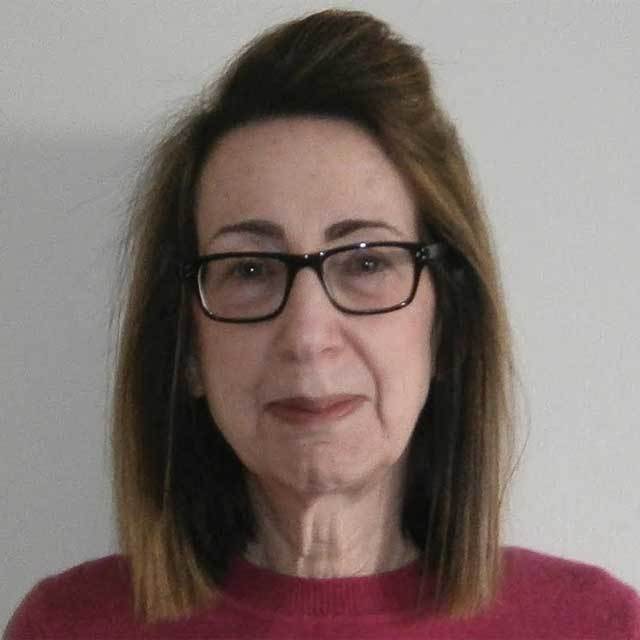
What is a short story?
I am going to start with a small disclaimer: everything I say about the short story is more or less true. You will always be able to find exceptions, but I make these statements in good faith because they allow me to define the short story in a way that will help you write one. In this first piece, I offer ten characteristics to bear in mind as you write, which can also act as a lens through which you can re-envision any stories you wish to rewrite.
ECONOMICAL First and foremost: The short story is short. This tells you (the writer) a lot. A short story needs to be economical: to have an economical narrative, an economical number of characters, and/or to be written in an economical way. Simplify your narratives. Do you really need all those characters? Imagine you were on a tight budget and paying them to appear.
RISKY Because the short story is short, it can take risks with style and tone. It can be sparse or lyrical. Like a poem, it can relish language and imagery. Or it can experiment with viewpoint and voice. It can be uncomfortably intimate, or oddly neutral and distant. A short story can employ devices that would weary the reader in a longer piece of prose. Don’t try to do too many risky things at once. Take one risk.
INTENSE Because it is short, it can have a sense of urgency, or intensity. The characters and situations are often sharper, clearer, more immediate, than in longer fiction. Experiment with quickly drawn easily recognisable main characters – even clichéd ones, but add a paradoxical attitude or attribute to each.
FOCUSED The short story should be focused. It usually attempts to go deeper rather than wider, exploring a single emotion, theme or idea. Think of it as a probe right to the heart. If a story does go wider (some stories are set over years), it needs to explore a single unified emotion or theme over the years, or be set in a single place over the years. It should be like a torch in a darkened room rather than an overhead light. Look for the one unifying idea or emotion in your story and emphasise that.
BUILDS IN TENSION The short story needs a shape – though the shape may be hard to discern. It often builds in tension towards a climax, giving it a definite arc. Try to build the tension in a story you are writing or redrafting and shamelessly heighten the moment of greatest tension.
INCLUDES CONFLICT The short story is not an anecdote. It usually focuses on a single protagonist with a single strong objective and a single strong obstacle to achieving that objective, often in the guise of another character (an antagonist) or a situation. This is the essence of conflict. Conflict gives a story drama, tension, and pushes the narrative forward. (Conflict includes inner conflict, the conflict of guilt, shame, fear, inappropriate desire...) Is there conflict in your story? Remember to focus on one central conflict, not many minor ones. Try to express this one conflict in a single sentence. Pin it to the wall.
DETAILED The short story celebrates detail, but never superfluous detail. The details in a short story need to be carefully chosen and used sparingly; they are there to encourage the reader to stop and consider a particular aspect of a person, place, object. Reread one scene in a story you are writing and cut out all the description, then carefully and precisely describe only one significant thing in that scene.
EXPLORES CHANGE There is often a protagonist who is changed by events, or for whom change is impossible. Sometimes it is the reader who is changed, whose perceptions of a character or situation are altered. In this sense, a short story is a metaphorical journey. Sometimes a story is also a real journey. Chekhov once said that if you put three characters in a troika you have the makings of a short story. How does your main character change? Try to express this in a single sentence. Pin it to the wall.
TRUNCATED The short story often begins quickly and ends quickly, so there is proportionately a lot in the middle. Chekhov also once said that a short story is like a tortoise, all middle. He went on to liken the beginning to the experience of arriving late to the theatre. It means the reader has to play catch-up. Why is this good? Because it involves the reader in the action, interpreting what she sees. And the end of the story is another beginning: although the curtain has come down, we should be left with the feeling that the characters are still alive behind it. Perhaps the end asks a new question, or presents the kernel of a new problem. So begin your story late and end it early. Start with something happening or just about to happen. End with a sense of on-going action. Cut the first and last sentence at the very least.
EVOCATIVE Short stories are mysterious and evocative. They might ask more questions than they answer. They may delay revealing their secrets. They may have an unfinished quality, allowing the reader to engage by imagining the things that are omitted. Think about your own stories in terms of what is concealed. A short story often foregrounds the small moment or seemingly insignificant detail, which then sheds light from an unusual angle on a larger event. But details that at first seem distracting or characters that at first seem minor prove more significant than we realise...
TRY THIS
■ Focus on one story you’ve read and you really like, and identify one feature of it that excites you (an action, place, idea, object, description). Use this as the starting point for a new story of your own. (It’s not really stealing.)
■ Read only the beginning and ending of a story you have not read before. Contemplate the characters and general situation at the beginning and the characters and general situation at the end and ask yourself: ‘What’s changed?’ Then ask yourself: ‘What could have caused this change?’ Write a brief synopsis of a story based on this change before you read the original story in its entirety. If yours is different from the original (it probably will be) develop your own version.
MARGARET WILKINSON is a recently retired senior lecturer in prose and scriptwriting at Newcastle University, Margaret’s radio dramas have been broadcast on the BBC Radio 4 Afternoon Play; Saturday Drama; Writing the Century; and Woman’s Hour Serials. She has also written two novels, many short stories. several short and full-length stage plays and film scripts.


